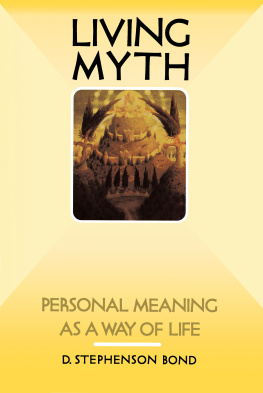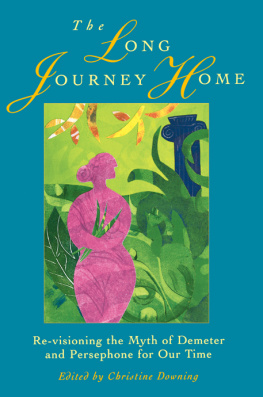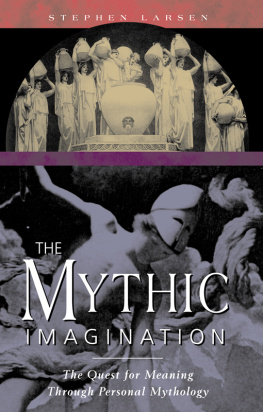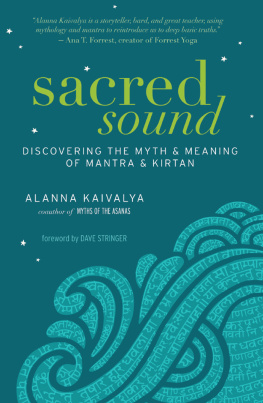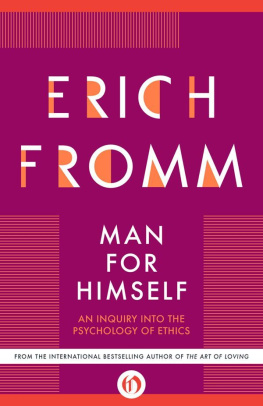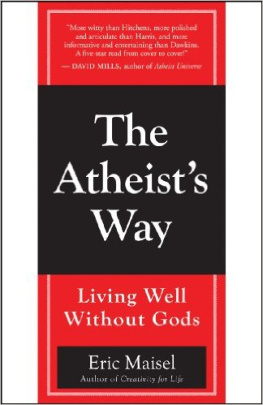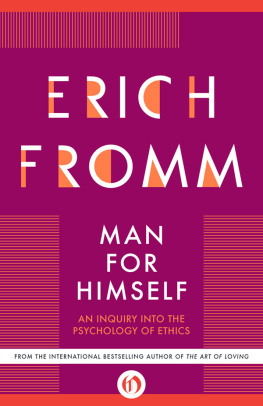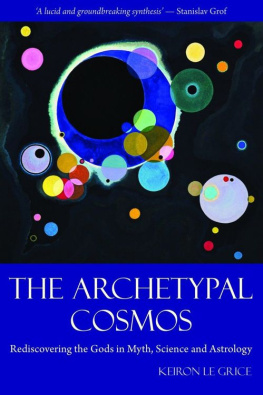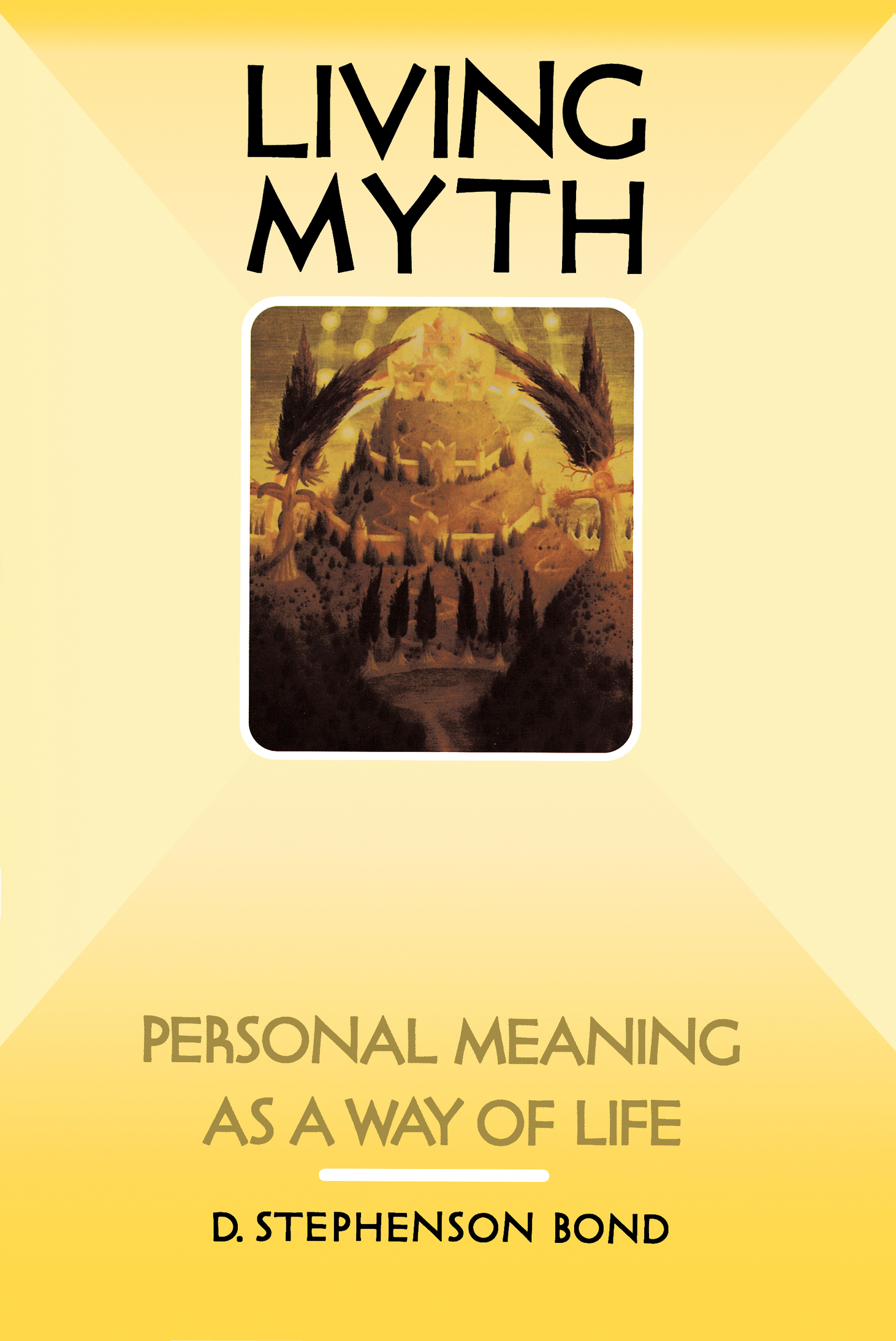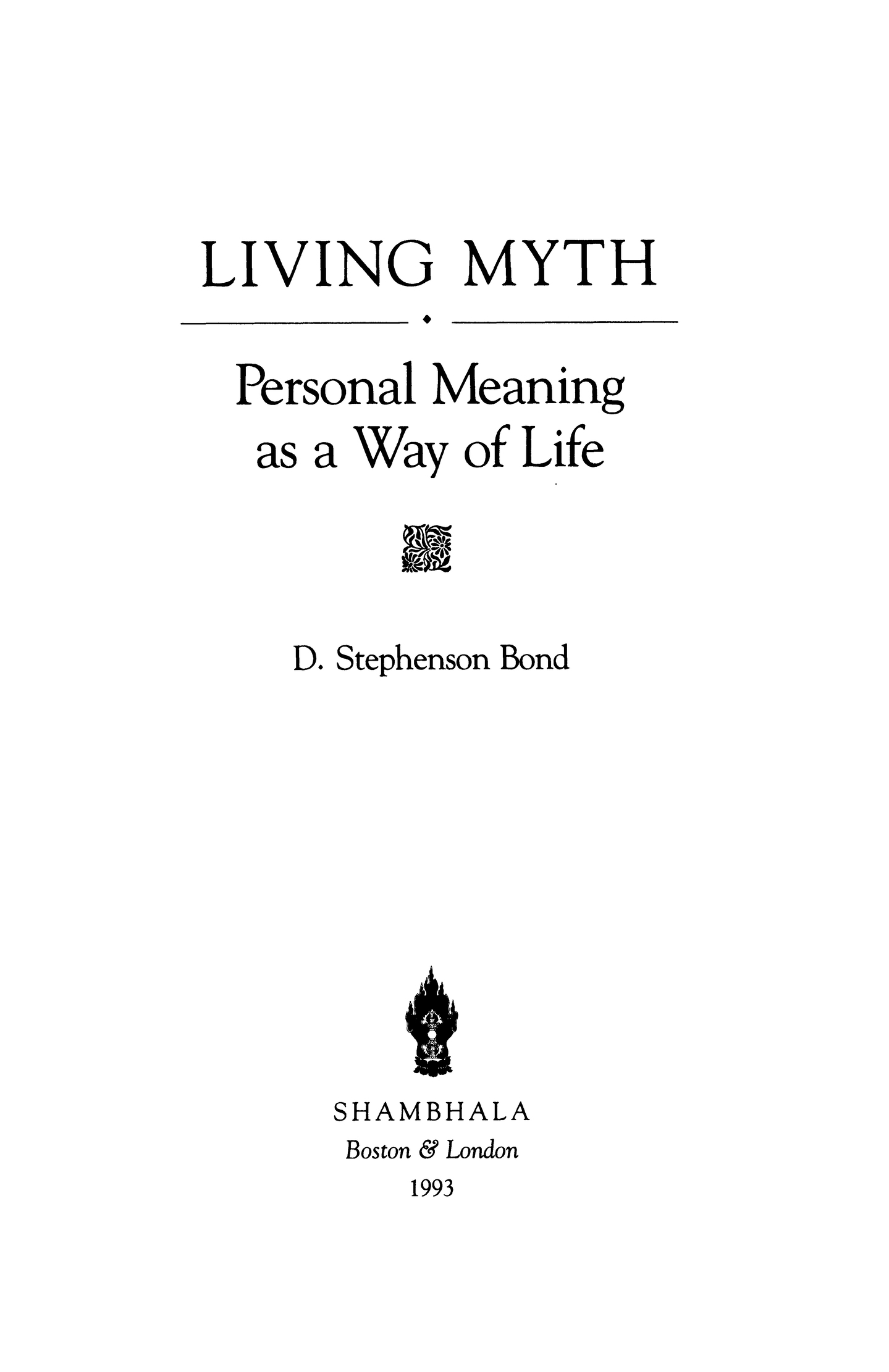Preface
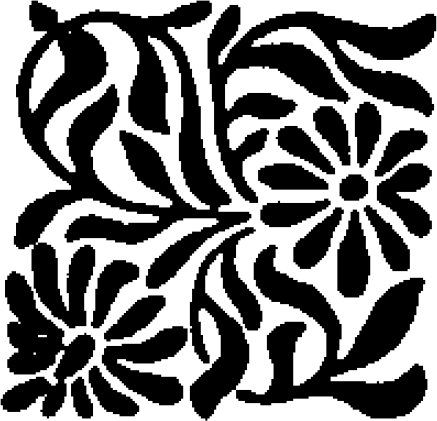
Meaning is an undefinable quality that gives human life vitality. It is also hard to come by. Like the water of life itself, meaning is transformative. But the labor to find it is more difficult than any other work I can imagine.
We live in an age of nearly intolerable divisions. When I look around me, I see the frantic pace of life, which is no substitute for vitality. I see people clinging desperately to fragments of whats left, which is no substitute for creative living. Meaning cannot long survive in such a fractured world because meaning comes from wholeness. It holds things together that want to come apart.
I find meaning through imagination. That is a personal statement, which I offer knowing the risk of including myself in the work I do. If I do not include myself, however, I do not include meaning. In what I have to say in this book, I have learned from C. G. Jung and D. W. Winnicott the value of including myself. I have learned from them the value of imagination, although we give it little worth sometimes. Imagination lived to its full maturity becomes a way of lifewhich is to say, it becomes a myth. Through imagination a relationship emerges with what lies beyond imagination. Therein lies the meaning.
This book began when I was leading a discussion on Joseph Campbell and the Power of Myth in 1989. I was surprised to feel the hunger in people to taste the introverted side of myththe idea that myth referred to something inside of them. When the series was over, several people wanted to continue talking, and that led to a group studying mythology in an introverted way. I found myself pushed by them into the psychological background of mythology. From the energy of those discussions, I thought I would take a few months and write down what we were playing with. Those months have stretched into three years.
The feel of that group has passed over into the style of this book. It is more of a discussion than a treatise, more informal than formal. I find myself wanting to tell stories more than lecture. I allow myself to talk about experiences in my own life. I use the second person and address you. I dont know how to write about the personal myth without bringing in subjectivity. Too often, the subjective element is missing in psychology. Personal myth begins precisely in that moment you say, This is vital to me. The subjective factor means you are inside of the myth. When you are outside of the myth, then it is no longer a living myth.
This book is about the life and death and rebirth of myth. For those who have fallen out of myth, the experiences described here may be familiar, but for those who are able to live inside the cultural myths, these experiences may seem alien. I write for those who have experienced the loss of vitality and hold the secret in lonely isolation; for those, as Jung said, who, not satisfied with the dominants of conscious life, set forthunder cover and by devious paths, to their destruction or salvationto seek the direct experience of the eternal roots, and following the lure of the restless unconscious psyche, find themselves in the wilderness; those for whom personal meaning becomes a way of life.
ACKNOWLEDGMENTS
Five years ago my life took a headlong turn into psychology and mythology. I am thankful to those who have been my companions on this journey. Special thanks to Winona Hubrecht, my first reader, for her patience and willingness to let this material develop naturally. Thanks also to Vernon Brooks for his unfailing support and encouragement. Thanks also to Joan Blackmer, whose careful reading and concern have always pushed me to take it further. And finally, many thanks to Kendra Crossen at Shambhala Publications for her careful reading and hard work.
I also want to acknowledge the gift of courage from those whose dreams are represented here. The courage lies in the determination to build a relationship to what the psyche shows in dreams. The gift lies in the realization that what we dream, we dream not only for ourselves.
Finally, my love and thanks to Heather, David, and Molly. They have taught me more than all of the rest put together.
Introduction

All too often myth is thought of as the curious stories of curious peoples long gone or far away. Myth is usually someone elses myth. We often have very little insight into the myths that guide our own lives. Sometimes myth is valued as a sort of protopsychology. As Joseph Campbell used to say, the reference of myth is inside ourselves. That is true.
In this book I want to explore the relationship between imagination and lifestyle, for that is the place where mythology comes alive. A living myth is in many ways a fantasy that has become a way of life. To me, the most vital aspect of mythology is not found in the stories of gods and goddesses of long ago, nor in the psychological truths those stories reflect, but rather in the contemporary framework of images and meaning that are found in our own lifestyles. There is an intimate connection between our way of lifethe rhythm and structure of our weekly, monthly, and yearly cyclesand the myth that informs our life.

